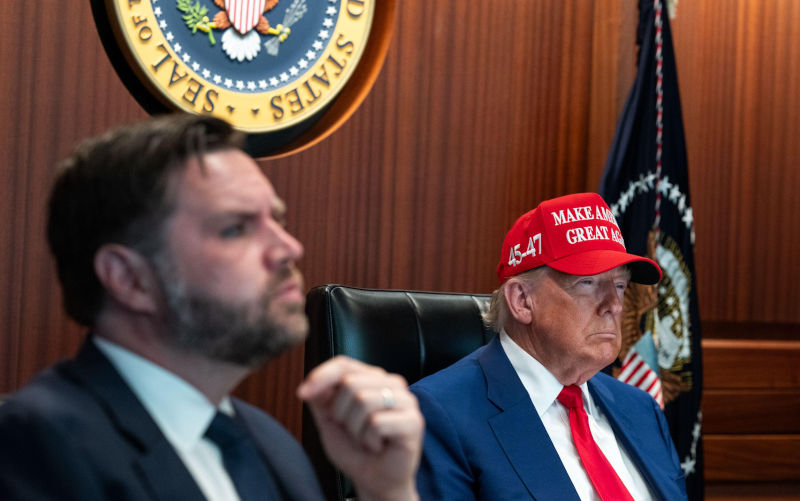
4 July 2025
Genocide in Gaza: History repeats itself
For the past 21 months, I have endured the painful experience of displacement, moving between tents under relentless bombardment in Gaza.

4 July 2025
Creative Australia’s backflip on Venice Biennale representatives exposes deep governance failures
The reinstatement of artist Khaled Sabsabi and curator Michael Dagostino as Australia’s representatives for the 2026 Venice Biennale closes a bruising recent cultural episode and exposes the fragility of the systems meant to protect artistic freedom in Australia.

4 July 2025
Saving the NDIS doesn’t need to cost more money
The Albanese Government has a lot hinging on the successful delivery of savings earmarked from the National Disability Insurance Scheme.

Support our independent media
Pearls and Irritations is funded by our readers through flexible payment options. Choose to make a monthly or one off payment to support our informed commentary
Donate
4 July 2025
Food aid or firing squads?
In Gaza today, hunger has a price – and for far too many civilians, that price has been death.

4 July 2025
China’s rapid adoption of AI demands greater scrutiny of the social impact
In contrast to the perception that Beijing has placed a lot of guardrails on AI, China’s AI regulation so far has been limited.
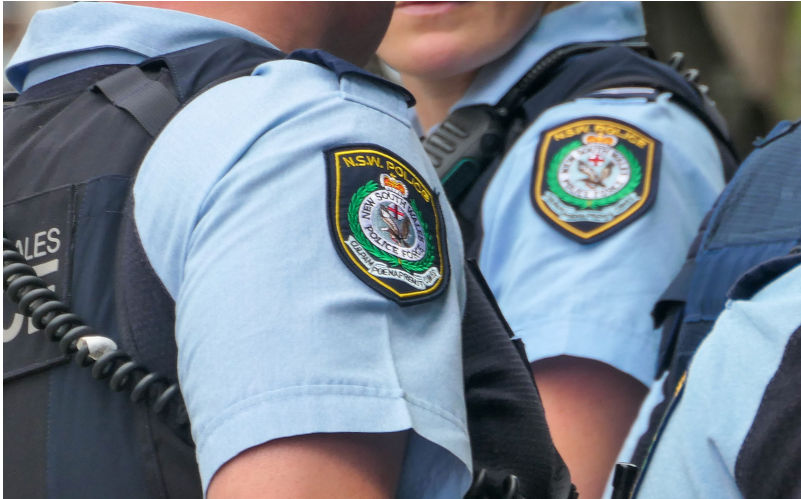
4 July 2025
What are police allowed to do at protests and who keeps them in check?
Earlier this week, former Greens candidate Hannah Thomas was hospitalised with serious injuries after being arrested at a protest in Sydney.
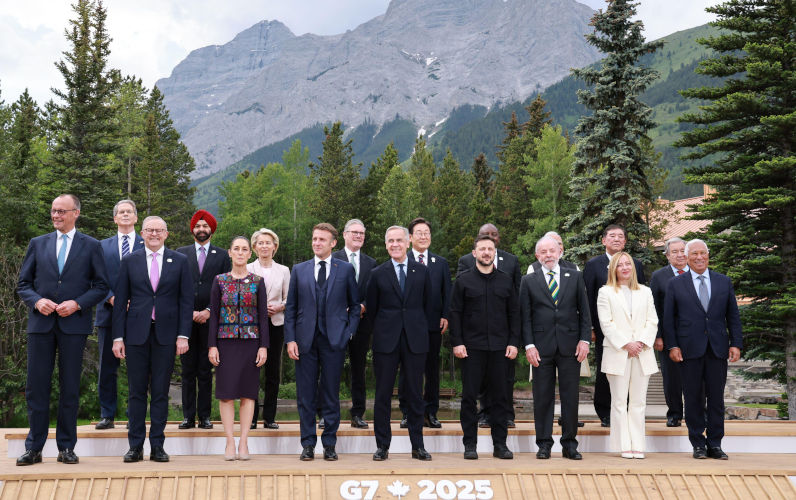
4 July 2025
The Western allies of the US as vassal states
A vassal state is one that retains some autonomy at home but is effectively dominated by another power in its foreign affairs.
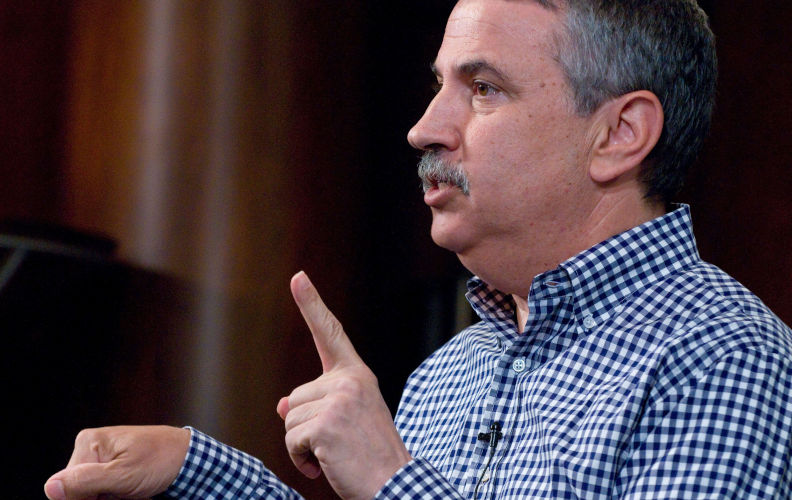
4 July 2025
Iran: The things it won’t do to say
If Thomas Friedman’s fairytale world of light-versus-darkness were to evaporate, less noble motives for US and Israeli actions might be revealed.

4 July 2025
'Watershed moment': Big battery storage prices hit record low in huge China auction
The price for big battery storage modules have hit a record low in the latest giant auction in China, where more than 70 bidders competed for 25 gigawatt hours of capacity in what is being described as a “watershed moment” for the industry.
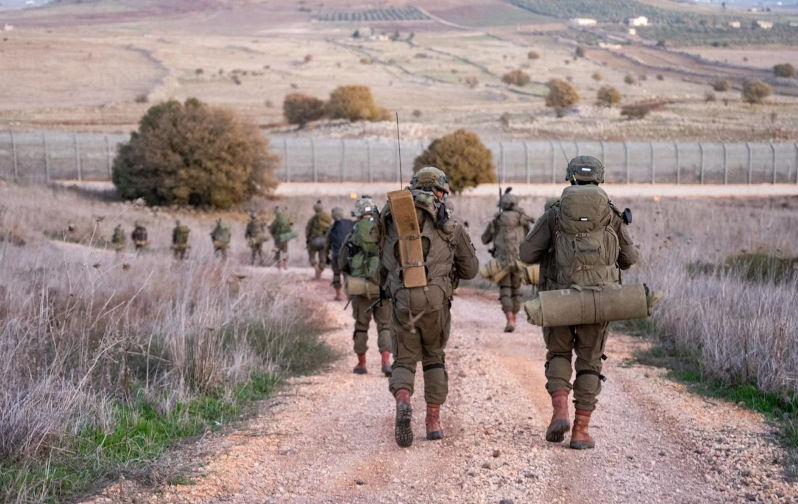
4 July 2025
Dangers of renewed civil war in Syria
With 150 armed groups in Syria, the ruling HTS (al-Qa`idah) doesn’t control the country, while Israeli bombing intends to expose the weaknesses of the so-called central government in Damascus.
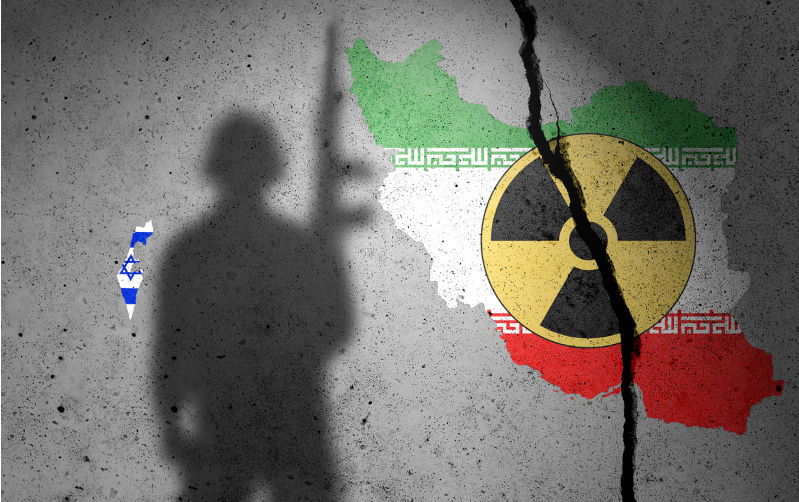
3 July 2025
The time has arrived for a comprehensive Middle East peace
The attack by Israel and the US on Iran had two significant effects.
Latest on Palestine and Israel

4 July 2025
Genocide in Gaza: History repeats itself
For the past 21 months, I have endured the painful experience of displacement, moving between tents under relentless bombardment in Gaza.

4 July 2025
Food aid or firing squads?
In Gaza today, hunger has a price – and for far too many civilians, that price has been death.

3 July 2025
UN report lists companies complicit in Israel’s ‘genocide’. Who are they?
The United Nations special rapporteur on the situation of human rights in the occupied Palestinian territory (oPt) has released a new report mapping the corporations aiding Israel in the displacement of Palestinians and its genocidal war on Gaza, in breach of international law.
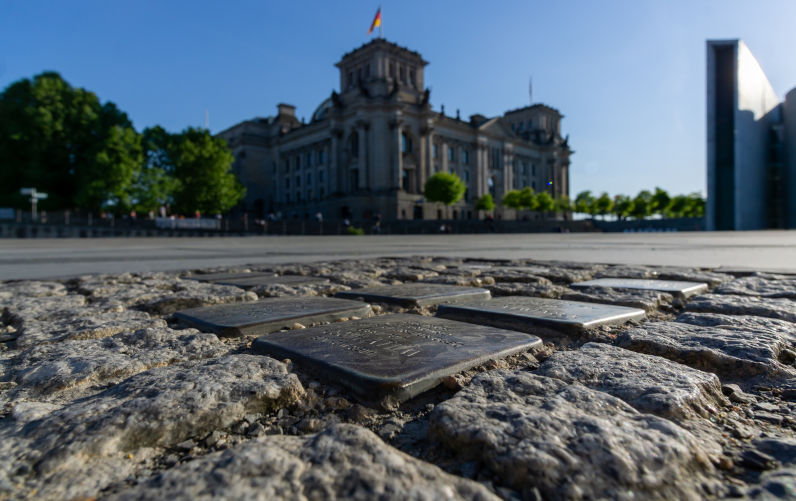
3 July 2025
Israel’s genocide and German Staatsräson: Thwarting a youth’s political sensibilities
It was the third month of Israel’s genocidal onslaught in Gaza, just before the Christmas break in 2023, when my daughter Lelia came home one day and mentioned an unhappy confrontation with one of the directors of her school, the Freie Waldorfschule Berlin Mitte.

2 July 2025
Gaza’s Hunger Games
Israel is weaponising starvation. The objective is to dismantle all remnants of civil society and reduce Palestinians to herds of desperate scavengers who can be driven from historic Palestine.

2 July 2025
Flour instead of homeland: manufacturing the crisis and the end of the Palestinian dream
Since 4:00 p.m. on 14 May 1948, the Palestinian cause has been one of a homeland seized by force, a land torn from its people by Zionism through weapons and terror.
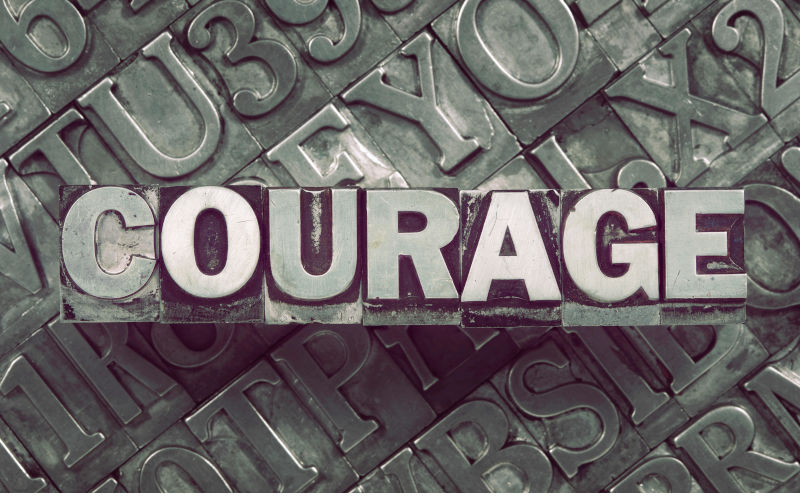
2 July 2025
Courage needs to be shown in politics – Israel is no longer above the law
In the past weeks, an estimated 500 more Gazans have been killed, bombed out of existence by the IDF or killed while queuing for food.

30 June 2025
Lattouf’s victory, our fight: Standing firm against intimidation
In April 2025, I posted a comment in The Age, sharing how, after 40 years in my Goldstein neighbourhood, I’d never felt unsafe until I was wrongly accused of antisemitism.

Israel's war against Gaza
Media coverage of the war in Gaza since October 2023 has spread a series of lies propagated by Israel and the United States. This publication presents information, analysis, clarification, views and perspectives largely unavailable in mainstream media in Australia and elsewhere.
Download the PDFLatest on China

4 July 2025
China’s rapid adoption of AI demands greater scrutiny of the social impact
In contrast to the perception that Beijing has placed a lot of guardrails on AI, China’s AI regulation so far has been limited.

30 June 2025
China is taking Silicon Valley’s market ‘hacks’ to a whole new level
From blitzscaling to leveraging network effects, China is using the same methods to dominate supply chain and disrupt markets.

28 June 2025
No time to dye: ABC’s China bias is licensed to kill credibility
The ABC has long held a reputation as Australia’s sober, publicly-funded bulwark against tabloid sensationalism – the broadcaster you turn to when you want analysis, not alarmism.

Support our independent media with your donation
Pearls and Irritations leads the way in raising and analysing vital issues often neglected in mainstream media. Your contribution supports our independence and quality commentary on matters importance to Australia and our region.
DonateMore from Pearls and Irritations
Latest letters to the editor
No mention of lobbyists?
Glenda Jones — Carlton 3053
Globalisation, AI, nothing changes. Capitalism reigns
Bob Pearce — Adelaide SA
Is it ‘if’, not ‘when’?
Alyssa Aleksanian — Hazelbrook
It’s a huge challenge, but we can’t avoid it
Chris Young — Surrey Hills, Vic
